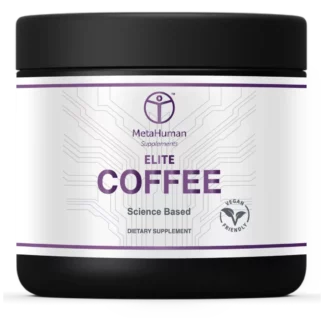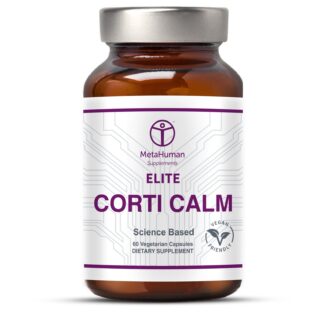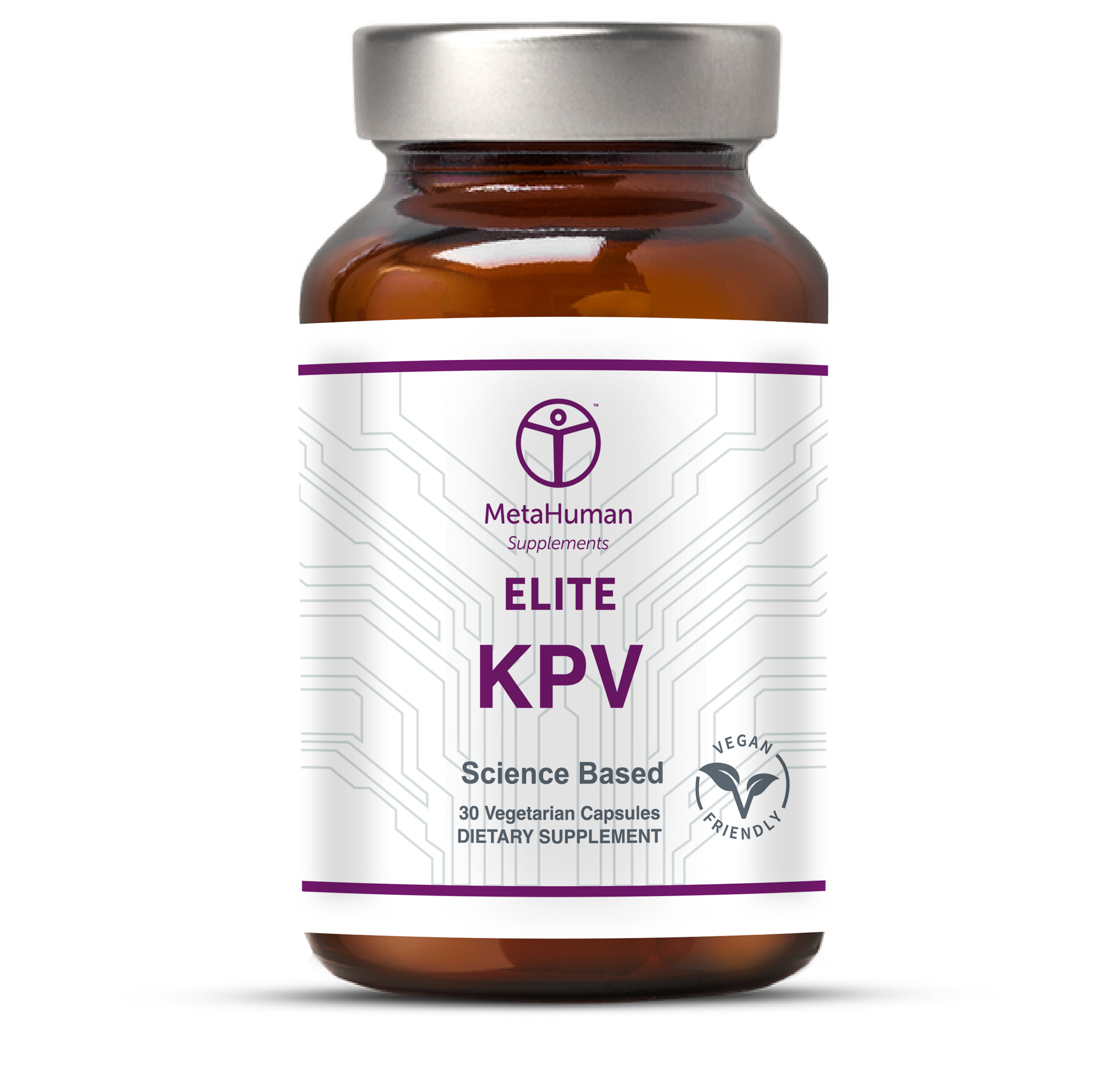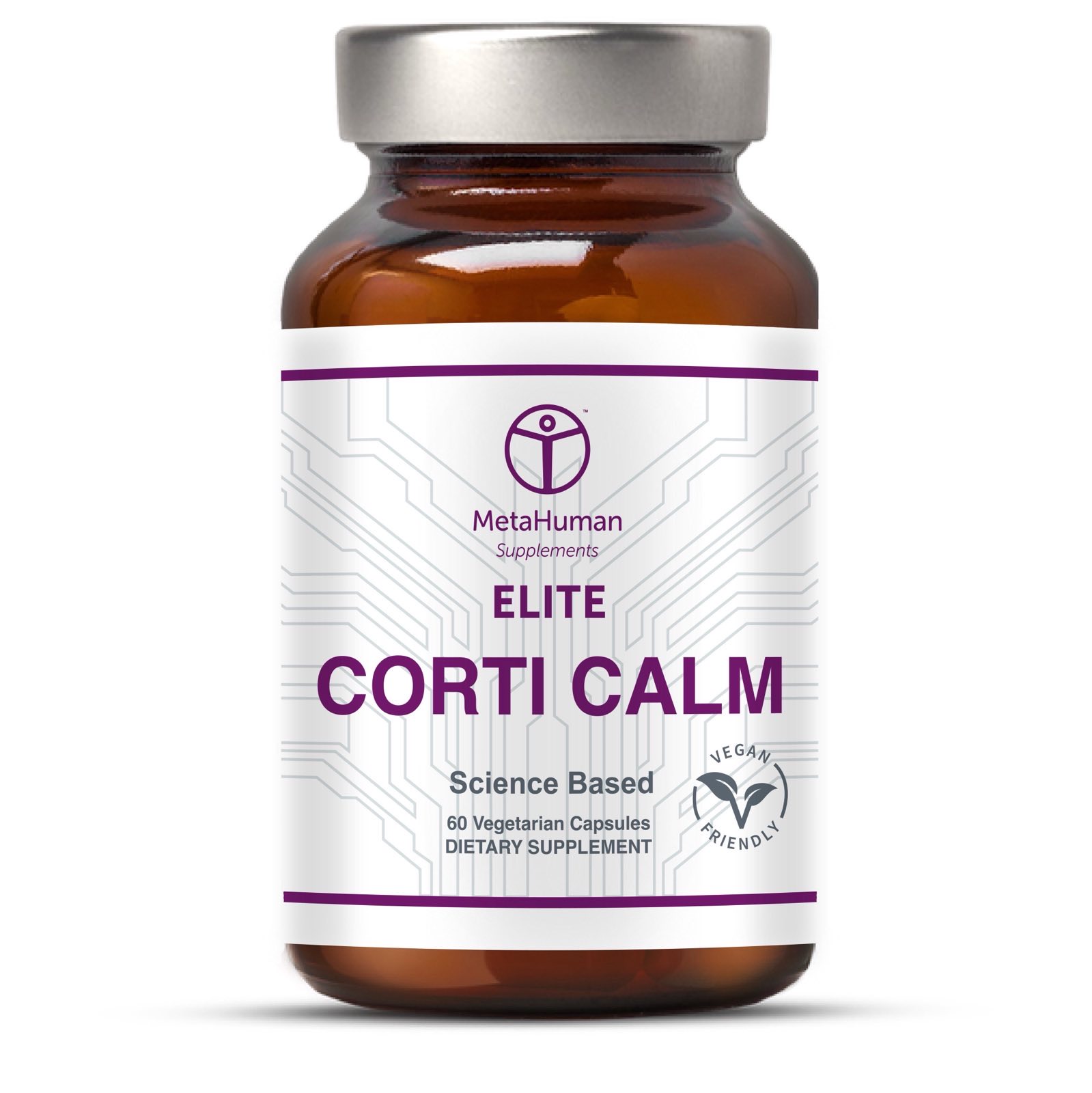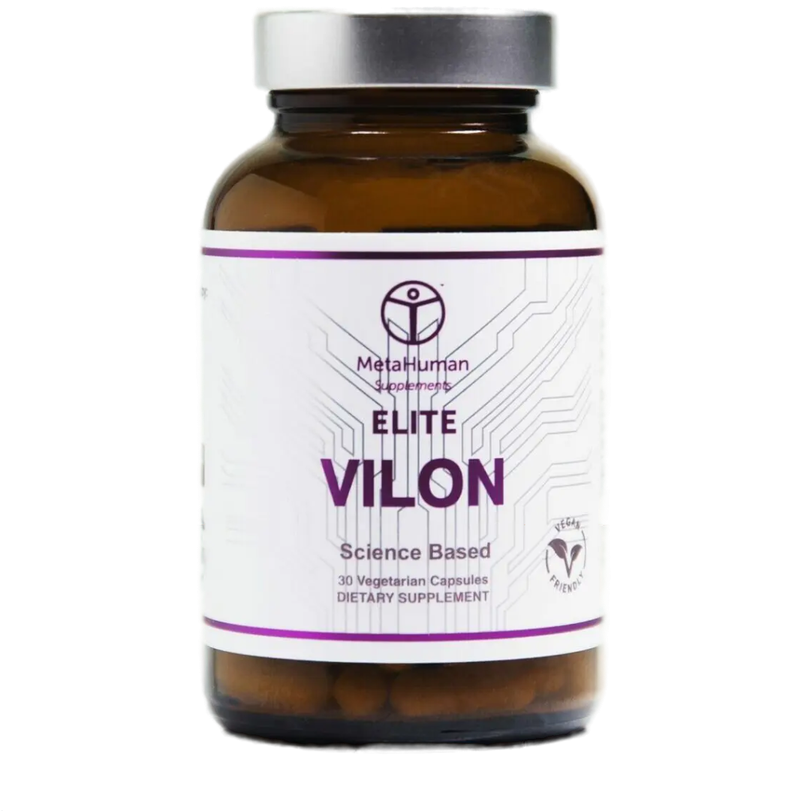Description
What are omega-3?
Omega-3 fatty acids are essential fats. Although they have many functions in our body and are important for optimal health, our body is unable to produce them, so we need to supply them externally.
The three key types of omega-3 fats are:
- ALA (Alpha Linolenic Acid): Found in some high- fat plant foods, especially flaxseeds, chia seeds, and walnuts.
- EPA (eicosapentaenoic acid): Found in fatty fish, seafood, fish oil, and algae oil.
- DHA (Docosahexaenoic Acid): Found in fatty fish, seafood, fish oils, and algae oil.
Keep in mind that although ALA is an omega-3 acid, it needs to be converted to longer-chain omega-3 fatty acids EPA or DHA to provide any associated health benefits. Unfortunately, the human body is not very good at converting ALA. Research shows that we only convert ALA to EPA and DHA by about 5%, so omega-3 supplementation is essential in our diet. Omega-3 fatty acids are found in high concentrations in foods such as wild-caught cold-water fish, linseed, and from algae and chia seeds. Although these foods are common, most of us do not eat enough of them.
It is estimated that 80% of the world’s population is low in omega-3 fatty acids.
Research has shown that omega-3 fats are essential for the development, maintenance, and protection of central nervous system structures from conception and undoubtedly throughout life. There is some debate about the relative importance of EPA versus DHA, but there is a general scientific consensus that both EPA and DHA contribute to cognitive health and development as well as mental well-being, learning, and mood.
We know perfectly well about the properties of Omega 3 fatty acids on the cardiovascular system, or health in general, but are we aware of how these fatty acids affect the brain, nervous system and cognitive functions?
Fats make up 60 percent of the brain and nerves that support every system in our body. So it is obvious that the better the fat in the diet, the better our body functions.
EPA and DHA are essential building blocks of healthy cell membranes. These cell membranes provide critical support for brain connectivity that supports:
- Healthy memory
- Cognitive functions
- Emotional well-being
How important is DHA for brain development?
Consider some research results:
- Babies who have a low amount of DHA in their diet show slower brain development and reduced visual acuity.
- Cultures whose diets are high in omega-3 fatty acids (such as Eskimos who eat a lot of fish) have a lower incidence of central nervous system degenerative diseases such as multiple sclerosis.
- It has been found that the experimental animals, the diets of which are poor in DHA, have smaller brains and delayed development of the central nervous system.
- Some children with poor results in school due to ADD have been shown to have an insufficient amount of essential fatty acids in their diets.
Published clinical studies suggest that EPA has a special affinity for conditions associated with altered mood and behavior, including:
- Depression
- Bipolar Affective Disorder
- Schizophrenia
- ADHD
Optimal levels of DHA phospholipids are positively correlated with the sodium-potassium pump in the brain of mammals.
NA + / K + -ATP activity helps:
-Keep extracellular sodium levels low and intracellular potassium levels higher, which facilitate signal transduction, generation and transmission of electrical signals in the brain.
-support brain activity
-DHA oversees the release and formation of neurotransmitter vesicles in the synaptic membrane and the binding between neurotransmitters and postsynaptic receptors.
– It has been shown to increase the production of glutamate, dopamine, acetylcholine and serotonin by increasing omega-3 consumption (a change in the production or availability of neurotransmitters in the synaptic cleft likely affects nervous activity and ultimately cognitive performance).
-increased production Nitric oxide (NO) -regulation of vascular tone by increasing NO production can lead to an increase in cerebral blood perfusion.
-neuroprotection (increased production of brain-derived neurotrophic factor)
DHA is the most important omega-3 for brain health, accounting for 97% of the omega-3 fatty acids found in the brain.
DHA is a critical structural component of the cerebral cortex, the area of the brain responsible for memory, language, creativity, judgment, emotions, and personality.
1. ANXIETY AND DEPRESSION
Low omega-3 levels have been linked to anxiety, depression and bipolar disorder. Medical students dealing with pre-exam stress showed a 20% reduction in anxiety when taking omega-3 supplements.
A review of studies on people with mood disorders showed that omega-3 fatty acids have significant antidepressant properties.
One study found omega-3 supplementation to be an effective, fast-acting antidepressant.
After just three weeks of supplementation, as many as 69% of the study participants did not meet the depression criteria.
Additionally, eight weeks of EPA supplementation has been shown to be as effective as Prozac in treating major depressive disorders.
In contrast, when EPA was taken along with fluoxetine, the results were even better than taking fluoxetine or EPA alone
2. ATTENTION DEFICIENT SYNDROME (ADHD)
Children and adolescents with attention deficit hyperactivity disorder (ADHD) have lower blood levels of omega-3s, suggesting supplementation may be helpful.
A systematic review of 52 studies in children with ADHD found that Omega-3 supplementation is the most promising interventions for ADHD.
One study found that students taking omega-3s did better at reading and spelling, and showed a reduction in overall ADHD symptoms.
Another study gave children high doses of omega-3 fatty acids (up to 16 grams a day) and found that the supplements were well tolerated and resulted in significant improvements in inattention, hyperactivity, and behavior.
3. BRAIN DEVELOPMENT IN CHILDREN
Omega-3 fats are essential for both young mothers and their babies.
Postnatal depression affects 15% of all new mothers.
When young mothers struggling with postnatal depression received omega-3 supplements, they showed at least a 50% reduction in symptoms on two standard depression scales.
Omega-3s are essential for the development of the brain and nervous system of babies and children.
Getting enough omega-3s during pregnancy has numerous benefits for your baby, including reducing the risk of cerebral palsy, autism spectrum disorder, and ADHD.
4. BRAIN INJURY
According to scientific research and clinical experience, aggressive dosages Omega-3 fatty acids can be beneficial in cases of brain injuries.
5. DECREASE OF COGNITIVE FUNCTIONS AND LOSS OF MEMORY
Omega-3 fatty acids protect against age-related mental retardation and can aid learning and memory in adults of all ages, from young adults to eighty-year-olds.
Lack of omega-3 fatty acids can cause your brain to measurably shrink and age faster.
Multiple studies confirm that seniors with higher levels of omega-3s, DHA in particular, have a much lower risk of developing dementia or Alzheimer’s disease.



